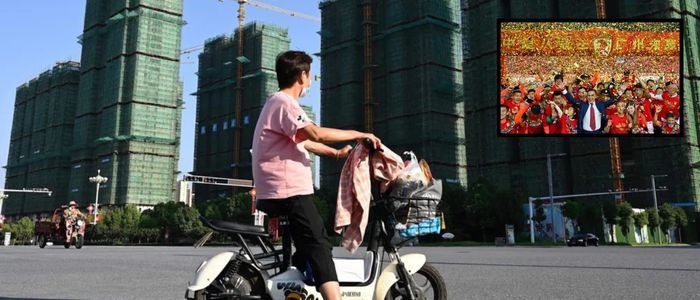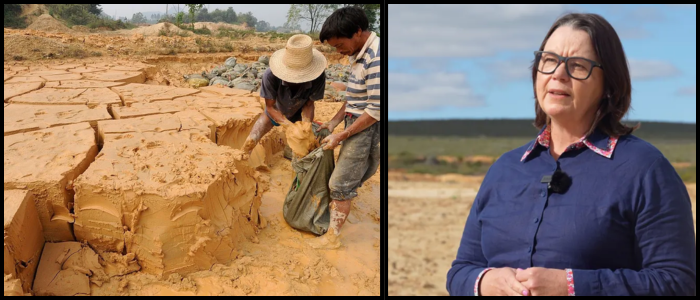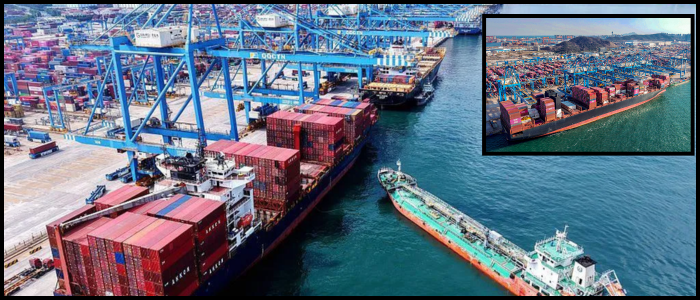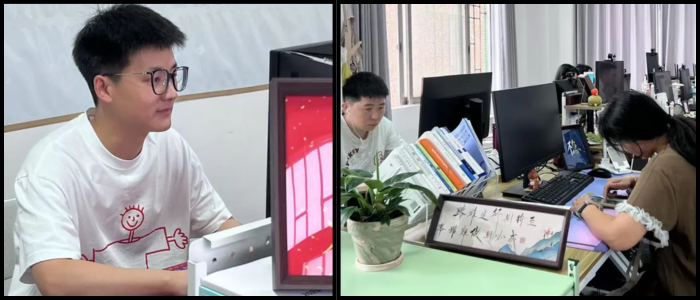Beijing’s Use of Rare Earths Dominance
President Donald Trump has given his trade team the green light to throttle back some U.S. exports to China after his latest criticism of Beijing, according to sources. Washington, in turn, has pressed Beijing to release significant quantities of the materials — 17 elements that are used to make electronics, electric vehicles and military equipment — known as rare earths.
But the U.S. is not likely to relax controls on top-end semiconductor technology, such as superior AI chips. Kevin Hassett, the head of the National Economic Council, said restrictions on “very, very high-end Nvidia” chips would continue given national security concerns.
China has retaliated by tightening its export licensing regime and slowing rare earth shipments. While Beijing recently signed off on a small number of applications, the approvals are unfolding too slowly to satisfy U.S. demands, analysts say.
“China’s grip on rare earth supply has become a calibrated, yet assertive, policy tool for strategic leverage,” said Robin Xing, chief China economist at Morgan Stanley. China exerts control over 90% of global rare earth processing and it is signaling it won’t quickly surrender that leverage.
Tensions Over Trade as Economies Strain
The discussions are taking place as pressure grows on China’s economy. The latest data show a steep drop in exports to the U.S. — down 34.5% in May — despite a May 12 tariff truce. Total export growth weakened overall, slowing to just 4.8 percent compared with a year earlier, below expectations, and indicating deeper economic strain.
China is also battling deflation at home. Consumer prices fell 0.1% in May from a year earlier and factory-gate prices declined by 3.3%, the biggest drop in close to two years. The drop was being blamed by officials on falling oil, gas and raw material prices, as well as weak demand.
Amid all of these obstacles, Chinese leaders are still depicting their economy as hardier than ever, wielding rare earths to keep a strategic upper hand in the trade talks.
Moderate Gains, but Ongoing Uncertainty
While the initial round of talks were described as “fruitful” by both American and Chinese officials, genuine headway depends on resolving the rare earth dispute. Some American companies such as Ford, GM and Stellantis have been issued temporary six-month export licenses, but long-term access remains uncertain.
Beijing's Commerce Ministry has said it is willing to step up dialogue on export controls. Yet analysts say global access to Chinese rare earths will still be more constrained than it was before the new licensing rules took effect in April.
Analysts caution, however, that without significant concessions from either side, those industries grounded in rare earths might continue to be disrupted. Because as the trade talks are taking place Tuesday at Lancaster House, rare earths are China’s best card in an even more complex geopolitical game.
Business
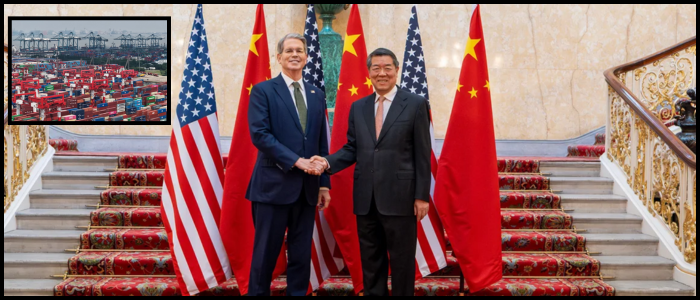
China Wields Rare Earth Power as U.S. Trade Talks Enter Critical Phase

As high-level trade talks between the United States and China resume on Friday in London, rare-earth minerals have become the unlikely subject of an escalating trade war. Each side is working to maintain a delicate truce, but the very control of these strategic resources, critical in manufacturing and security, has intensified in negotiations.












